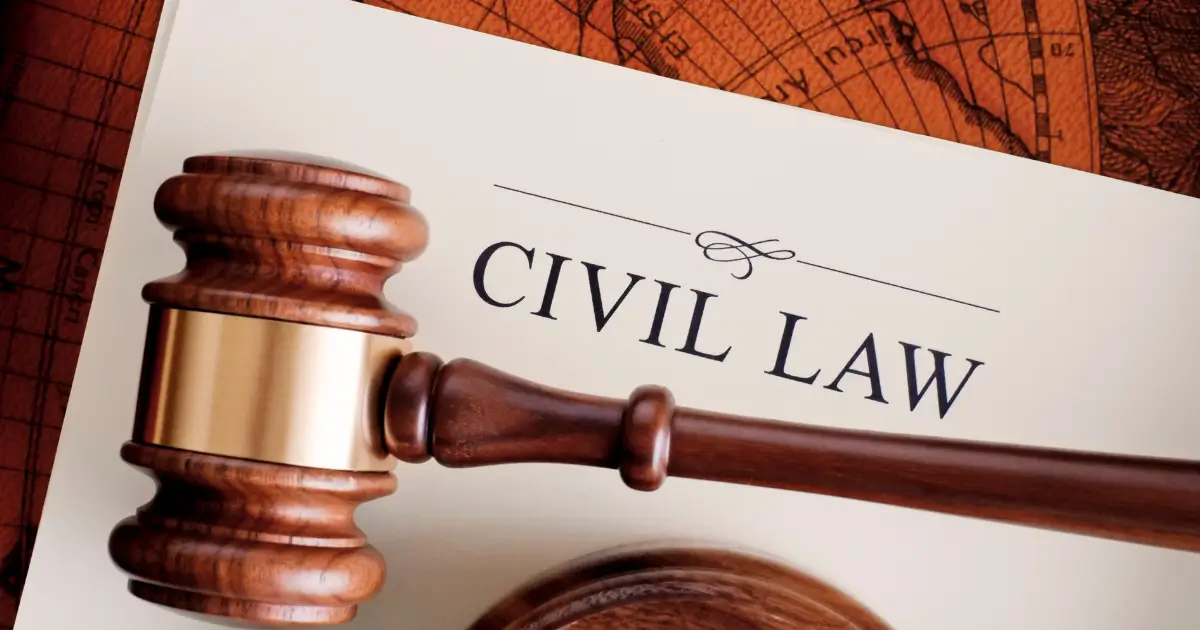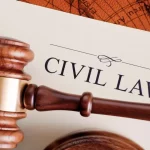Civil law in the United States is the backbone of everyday justice. Unlike criminal law, which deals with offenses against the state, civil law focuses on relationships between individuals, organizations, and entities. In 2025, this body of law continues to evolve—adapting to technological change, growing diversity, and shifting societal values. This guide explores the structure, function, and current challenges of civil law in America, offering insight into how legal rights and responsibilities are protected and contested across the country.
Understanding Civil Law in the American Context
Civil law governs personal and contractual relationships. Whether it’s a dispute between neighbors, a breach of contract, or a family custody issue, civil courts provide resolution mechanisms. American civil law is based on common law principles, meaning precedent plays a powerful role. Judges often interpret past decisions to guide present rulings.
Major Areas of Civil Law in the U.S.
Contracts and Commercial Disputes
From business deals to service agreements, contracts are legally binding promises. In 2025, with e-commerce dominating trade, digital contracts and online arbitration platforms are increasingly used to resolve disagreements.
Consumer Protections and Online Transactions
Civil law ensures fairness in consumer relationships. Regulations around transparency, return policies, and digital fraud are becoming more robust as online commerce expands.
Torts and Personal Injury
Tort law addresses harm caused by one party to another. This includes car accidents, defamation, and medical malpractice. In 2025, new areas like AI-driven vehicle liability are shaping personal injury law.
Emotional Distress and Data Privacy
Modern torts now include emotional harm and data misuse. Civil lawsuits increasingly address reputational damage from online behavior and breaches of digital privacy.
Property and Land Use Law
Civil law determines how property is owned, transferred, and utilized. Zoning disputes, landlord-tenant issues, and homeowners’ rights are central in a country where real estate remains deeply politicized.
Evictions and Housing Justice
In 2025, housing affordability has elevated civil law’s role in protecting renters and regulating evictions. Tenant rights have expanded in many states.
Family Law
Family-related civil law includes divorce, custody, child support, and adoption. As family structures diversify, the legal definitions of parenthood, guardianship, and cohabitation evolve.
Reproductive Rights and Civil Litigation
Post-Roe legal landscapes have intensified civil battles around abortion access, surrogacy, and fertility agreements.
Civil Law Procedure in the U.S.
Filing a Civil Case
Civil litigation begins when a plaintiff files a complaint. The defendant is then served and given a chance to respond. Most cases settle before trial, often through mediation or arbitration.
Burden of Proof and Standards
Unlike criminal law, where guilt must be proven “beyond a reasonable doubt,” civil cases require a “preponderance of the evidence”—a lower burden that means the claim is more likely than not to be true.
The Role of Civil Judges and Juries
Civil trials may involve a jury or be decided by a judge alone. Judges interpret the law, while juries weigh the facts. The right to a jury trial varies depending on the nature of the case and state law.
Technology and Civil Law in 2025
E-Filing, Virtual Hearings, and Legal AI
Digitalization has transformed court operations. E-filing systems, virtual courtrooms, and AI-based research tools streamline case management and access to justice.
Legal Tech for Public Access
Apps and platforms now help users understand their rights, file cases, and even draft legal documents without needing a lawyer. Civil law is becoming more accessible to ordinary citizens.
Civil Rights and the Constitution
Equal Protection and Due Process
The legal system protects constitutional rights such as freedom of speech, religion, and equal treatment under the law. These foundational protections are not static—they evolve as society redefines fairness, representation, and equity. In an increasingly diverse and digitally connected America, the courts play a vital role in ensuring that civil liberties adapt to new realities while honoring the core principles of justice and equality. Courts interpret the Fourteenth Amendment to address discrimination, inequality, and social justice claims.
Class Actions and Social Justice
Class-action lawsuits continue to be a powerful tool for civil enforcement. In 2025, they are used to challenge systemic bias, corporate misconduct, and environmental harm.
Why Civil Law Matters More Than Ever
Civil law safeguards the ordinary American’s ability to seek justice without resorting to criminal prosecution. It governs how people do business, build families, and protect their rights. In 2025, as societal complexities grow, the role of civil law becomes even more crucial in ensuring fairness, accountability, and balance in everyday life.
this content is created by estpostingmonster.com















